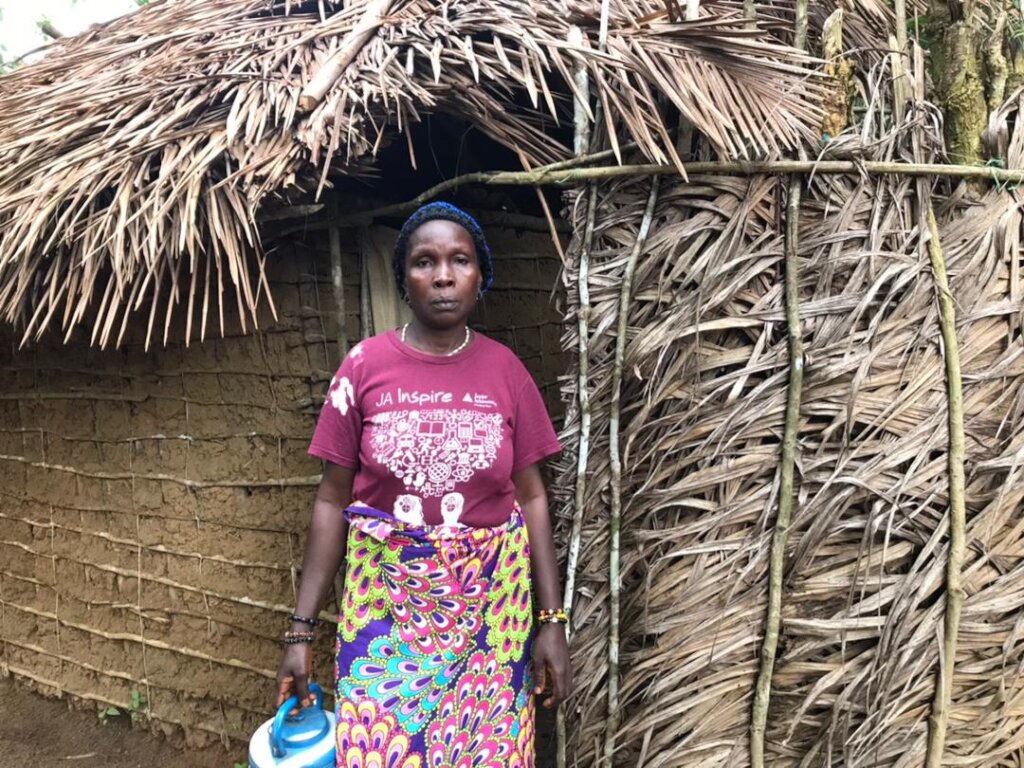By Dr Antony Kingsely | CEO
Sanitation is more than a matter of health; it is intrinsically linked to dignity and self-respect. For women in Sierra Leone, access to adequate sanitation facilities transforms their lives by ensuring safety, promoting health, and enabling participation in education and economic activities. Continued investment in sanitation infrastructure and education is essential to uphold the dignity and self-respect of women in Sierra Leone, fostering a more equitable and just society.
Sanitation is a fundamental human right, yet access to adequate sanitation facilities remains a significant challenge in many parts of Africa, particularly in Sierra Leone. For women, the lack of proper sanitation facilities not only affects their health and well-being but also impacts their dignity and self-respect. Addressing sanitation needs is crucial in enhancing the quality of life and ensuring the empowerment of women in Sierra Leone.
WellFound and Women:
WellFound has made strides in improving sanitation, but significant gaps remain. According to UNICEF, only about 16% of the population has access to improved sanitation facilities. Rural areas, where the majority of the population resides, are particularly affected, with women and girls bearing the brunt of inadequate sanitation.
WellFound works with women of all ages, improving their knowledge and commitment to their safety and health.
Impact on Dignity and Self-Respect
In many rural communities, the lack of private and safe sanitation facilities forces women to use open spaces, exposing them to risks of harassment and violence. Access to private latrines enhances their safety and ensures their privacy, which is fundamental to their dignity.
Inadequate sanitation contributes to the spread of diseases such as cholera and diarrhoea, which disproportionately affect women and children. Improved sanitation reduces these health risks, allowing women to lead healthier lives and maintain their dignity.
Women often bear the responsibility of fetching water and managing household sanitation. Improved facilities reduce the time and effort required for these tasks, allowing women more time for education and economic activities. Education and economic empowerment are critical for enhancing self-respect and autonomy.
Access to sanitation is linked to social inclusion and equality. When women have equal access to sanitation facilities, it promotes gender equality and reduces the stigma and discrimination they often face due to inadequate sanitation.
Story of Adama from Moyibo Community- Sierra Leone
“I am a single parent and the latrine that you are seeing was constructed by me. At first, we found it very difficult to accept the fact that we should construct our latrine slab with cement. but the sensitisation activities (delivered by WellFound) managed to touch our minds, and we became convinced of the ill effects of open defecation and of the need to act.”
“We were not only taught how to keep our communities clean but also how to wash our hands with soap and water before meals and after using the toilets, to prevent diarrhoea and cholera. We used to defecate in the open, and when flies sit on our faeces and then sit on our food, we often would get sick with diarrhoea,” “We now feel empowered and proud!” Adama Bangura, of Moyibo community.
Project reports on GlobalGiving are posted directly to globalgiving.org by Project Leaders as they are completed, generally every 3-4 months. To protect the integrity of these documents, GlobalGiving does not alter them; therefore you may find some language or formatting issues.
If you donate to this project or have donated to this project, you can receive an email when this project posts a report. You can also subscribe for reports without donating.
Support this important cause by creating a personalized fundraising page.
Start a Fundraiser